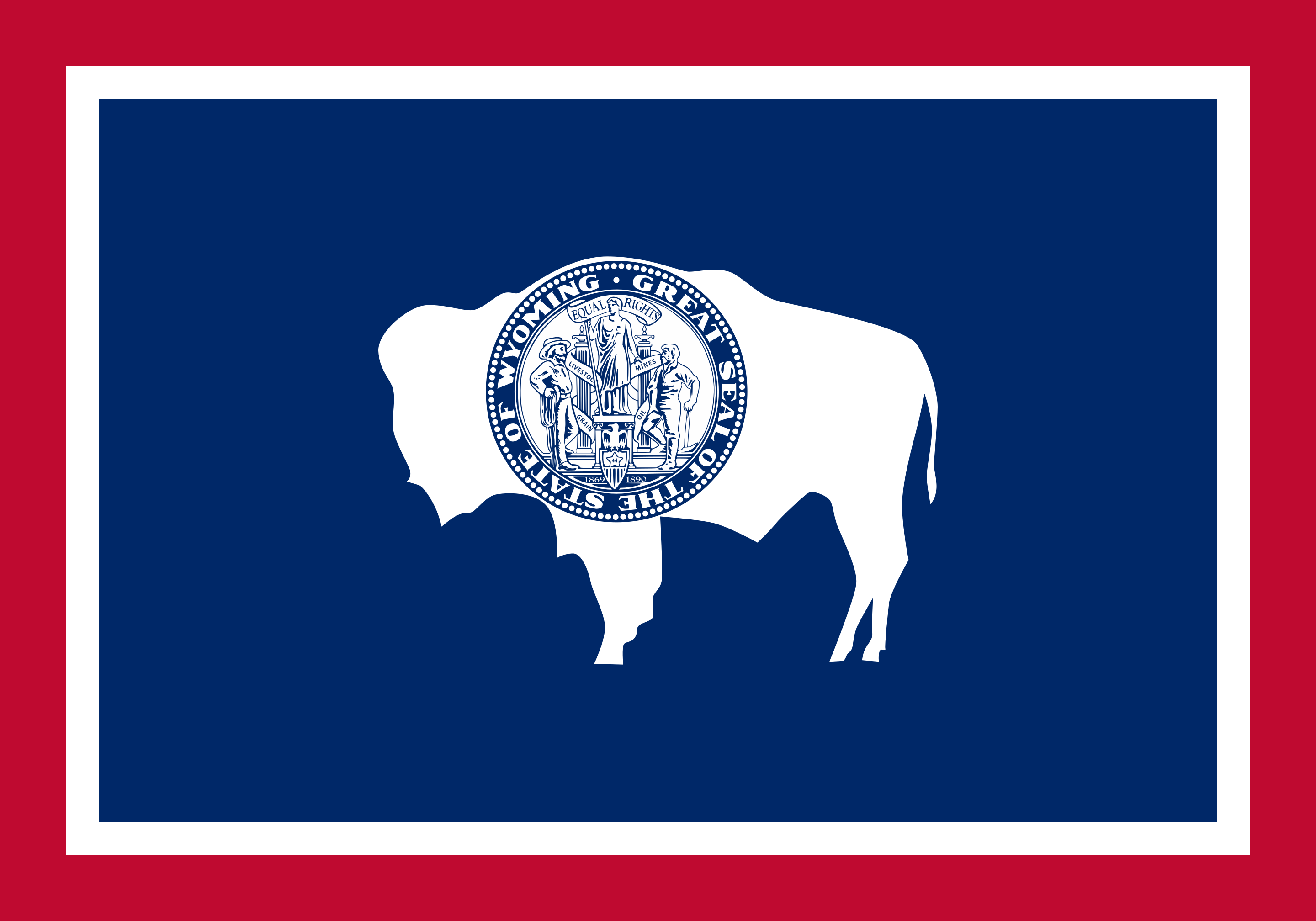Wyoming Passes Private Key Protection & Digital Asset Registration Laws

Blockchain Commons advocates for the creation of open, interoperable, secure & compassionate digital infrastructure, to enable people to control their own digital destiny and to maintain their human dignity online. Much of our work is technical, focused on the creation and use of interoperable specifications, but other work is legislative, because creating a legal foundation for self-sovereign control of digital assets and identity online is just as important as building that technical foundation.
Though we’ve worked with a variety of entities, from the City of Buenos Aires to United States government agencies, our most sustained work has been with the Wyoming legislature. That’s because Wyoming is perhaps the most forward-looking legislature in the entire country thanks to its Select Committee on Blockchain, Financial Technology and Digital Innovation Technology, which has has been in existence for several years and already has passed crucial laws regarding digital assets and digital identity.
The Blockchain Select Committee and its predecessor, the Blockchain Task Force, has long been overseen by Senator Chris Rothfuss with past co-chairs Ogden Driskill, Tyler Lindholm, and Jared Olsen, and a new co-chair for 2023, Cyrus Western. In this winter’s legislative session, it passed two new laws, on the protection of private keys and the creation of a registry for digital assets that offers judical clarity to those assets. They’re both very important to us here at Blockchain Commons.
Private key protection passed in the “Disclosure of Private Cryptographic Keys Act”, HB 086 (2023). This is a topic that we first brought to Wyoming in 2019, resulting in the Blockchain Task Force drafting legislation that stated that private keys were a means to access assets, not assets themselves. That bill didn’t pass at the time, but Blockchain Commons has continually advocated for its reintroduction and also for its expansion, to include not just asset keys but identity keys as well.
With a new digital identity law on the books in Wyoming as of 2021, we saw a real opportunity for passage of the private-key protection law this year, so we increased our advocacy by penning an article on the dangers of private-key disclosure, which was picked up by Bitcoin Magazine. It largely focused on the increasing threats of courts improperly demanding that private keys be turned over in discovery when the actual goal of the courts was often information collection, not asset seizure. We hope that our testimony and our written advocacy together helped to shift the tide, and we’re proud to say that after July 1st in Wyoming no one can be compelled by the courts to produce a private key if a public key is available and able to reveal any required information.
CoinTelegraph has an excellent article talking about the bill and the problems it addresses, focusing on how private keys were the wrong tools for what courts were trying to do.
WRDAs, or Wyoming Registered Digital Assets, passed in the “Wyoming Digital Asset Registration Act”, SF0076 (2023). This was a concept that we brought to the Committee in June 2022 with a full presentation that suggested how Wyoming could become a safe haven for digital assets by allowing their registration. We also saw it as a pragmatic first step toward the digital registration of corporations that Wyoming had previously legislated. We’re thrilled to see the WRDAs become reality so quickly, creating judicial clarity on digital assets for a larger group of people.
We think that this codification of digital assets’ legal status will in the short-term make Wyoming their preferred legal home, especially as digital assets are more fully integrated with Wyoming’s new chancery courts, which are breaking new ground with their electronic filings and other innovations. We also hope in the future that Wyoming’s new laws will influence other states and countries to adopt similar protections.
CowboyStateDaily has an extensive article detailing the bill.
Successes like this are why Blockchain Commons has regularly advocated to various governments over the last five years: we believe that it’s crucial to create a new foundation for identity and property in the digital world that protects the rights of individuals. Our respect and appreciation goes out to the legislators in Wyoming who are doing so, and who are creating a model for the rest of the world.